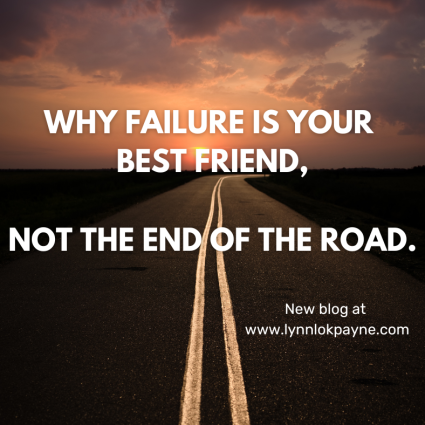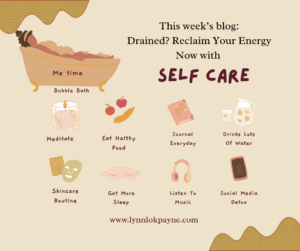Failure. Just reading the word can make you cringe a little, right? It’s a word that’s often loaded with negative feelings: embarrassment, disappointment, frustration. We’ve been conditioned to see failure as something to avoid at all costs. We may look at it as a sign that we’re not good enough, smart enough, or capable enough. But what if I told you that failure is actually your best friend when it comes to personal growth?
Failure isn’t the enemy; it’s a great teacher. It’s the thing that pushes you to grow, to adapt, and to become better than you were yesterday. Have you ever learned something truly valuable from a moment where everything went perfectly? Probably not. It’s in the messy, sometimes painful moments of failure that the magic of growth happens.
Reframing Failure: A New Perspective
Let’s flip the script on how we think about failure. Instead of seeing it as the end of the road, think of it as a detour. Sure, it might take you a little longer to get where you’re going, but along the way, you’ll discover new lessons, skills, and perspectives you might have missed otherwise.
Take Thomas Edison, for example. He tried many, many times before inventing the light bulb. When asked about his repeated failures, he famously said, “I have not failed. I’ve just found 10,000 ways that won’t work.”
That’s the mindset we’re looking for—failure as part of the process, part of the journey, not it’s end.
A Personal Story: Learning from Failure
When I decided to write a book, I had no idea what I was doing. I made many mistakes and had to rewrite whole chapters, spent far too much money on the wrong marketing, and didn’t know a thing about SEO. Honestly, SEO is still mind-boggling.
At first, I felt like I was failing. I’d poured my heart and soul into this dream, only to watch it fall apart. But as the weeks and months went by, I started to realize something: I’d learned more in the doing and failing than I ever did in the planning.
These lessons taught me more on how to be patient with the revisions (because that is where most the writing time is spent), manage the expenses, what it takes to market books (still learning), and most importantly, how to pick myself back up after a setback. A year later, I launched a second book—this time with the wisdom and resilience I’d gained from all the mistakes and mishaps I made the first time around. And guess what? I’m now better equipped to help myself and others in book publishing.
Failure as a Stepping Stone
The truth is, failure is often the stepping stone to success. Think about some of the most iconic success stories:
J.K. Rowling was rejected by 12 publishers before someone finally agreed to publish Harry Potter. Imagine if she’d given up after the first few rejections. We may never have known the world of Hogwarts.
Michael Jordan was cut from his high school varsity basketball team and put in junior varsity. Instead of letting it define him, he used that as fuel to become one of the greatest athletes of all time.
Oprah Winfrey was once told she was “unfit for television news” by a producer. Today, she’s one of the most influential media personalities in the world.
These failures weren’t endings; they marked the starts of something greater.
Actionable Steps to Embrace Failure
If you want to turn failure into your best friend, here are some actionable steps to get started:
Change the Narrative
Instead of saying, “I failed…” try, “I learned…” Reframe failure as feedback that’s helping you to improve.
Fail Small, Fail Often
Start taking small risks in areas of your life where failure won’t have huge consequences. This helps you build resilience and get comfortable with the idea that failing is necessary for growth.
Reflect and Adjust
After a failure, ask yourself: “What went wrong?” and “What could I do differently next time?” These insights help to improve your approach.
Recognize and Celebrate Your Work
Celebrate the fact that you tried, even if things didn’t go as planned. All effort is worth acknowledging.
Share Your Story
Being vulnerable to talk about your failures with others can help normalize the experience and remind you that you’re not alone. Plus, it might inspire someone else to keep going.
Takeaway
Failure isn’t something to fear; it’s something to embrace. It’s the part of the journey that builds character, resilience, and wisdom. So, the next time you stumble, don’t beat yourself up or place blame or shame. Instead, ask yourself, “What is this trying to teach me?” Chances are, the lesson will be worth the temporary setback.
Remember, every success story has many failures along the way; probably more than you think. The question isn’t whether you’ll fail—it’s how you’ll grow because of it. And who knows? Your next failure might just be the best thing that ever happened to you.
For more information on my books, visit https://amzn.to/4hml5zr





